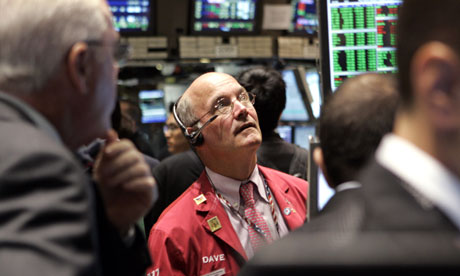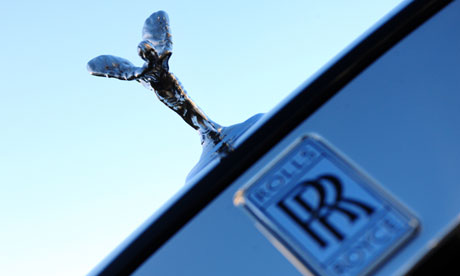Daron Acemoglu in The FT
Every year, tens of thousands of aspiring young moguls enrol at business school for an MBA, hoping to climb the corporate hierarchy. They are following predecessors who now run many leading companies, from Alphabet, Amazon and Apple to Microsoft and Walmart.
And the aim of faculty and administrators remains what Harvard Business School’s first dean, Edwin Gay, expressed in 1908: “To train people to make a decent profit, decently”.
Better knowledge and training can make leaders more innovative and productive, raising the returns to all stakeholders. Better managed businesses can more effectively achieve whatever objectives they set, including helping to tackle the myriad challenges society faces.
But has the MBA actually achieved these goals? Our recent research suggests a much less encouraging picture. Using detailed data on companies and workers from the US and Denmark, we looked at the effects when a chief executive with an MBA or undergraduate business degree takes over from one without such qualifications.
We found no evidence that CEOs with such degrees increase sales, productivity, investment or exports relative to the levels the company achieved before.
The biggest shift when a chief executive with a business degree takes charge is a decline in wages and the share of revenues going to labour, even in countries with different cultures. In the US, wages under business-degree holding CEOs were 6 per cent lower than they would otherwise have been after five years, and labour’s share of revenues was down five percentage points. In Denmark, the figures were respectively 3 per cent and 3 percentage points.
We found no evidence that these were companies with declining sales and appointed leaders with business degrees to rescue them. The patterns are similar when new MBA managers are appointed following the death or retirement of a previous CEO. Nor was there any indication that by reducing wage growth, chief executives with business education were creating more retained earnings to fund investment, which is no higher in their companies.
It may even be that, by ignoring broader stakeholders, such managers damage long-term profitability. For example, we found that higher-skilled employees were more likely to leave after the relative wage declines.
However, shareholders gain from the appointment of a CEO with a business degree — at least in the short term. Share prices increase, and we see more share repurchases in the US and higher dividends in the US and Denmark. Business-educated managers are also paid more.
The reason for the relative decline in workers’ wages and shareholders’ gain is clear. Companies run by CEOs without a business degree share increases in revenues or profits with their workforce — typically one-fifth of higher value-added. This ceases when a business-educated leader takes over. The wage impact is greater in concentrated industries.
It is impossible to know for sure why business-educated leaders have these effects, but our work provides clues. One reason could be the legacy of the economist Milton Friedman’s doctrine from 1970, which stated that “the social responsibility of business is to increase its profits”.
The idea that good managers raise profits is common in business schools and economics departments. Many courses advocate “lean corporations” or “re-engineering businesses” using digital tools to cut costs. It is possible that these ideas encourage leaders to take a tougher stance and ensure higher corporate profits are not shared with employees.
Another factor may be that the majority of business degree students interact closely with each other and often have little contact with blue-collar and clerical workers. As CEOs, they may not see the viewpoint of the rank-and-file or consider workers as stakeholders.
So is the current business school system broken? Not necessarily. First, only a small fraction of students become chief executives. Many work in other managerial positions, where their training may have very different implications.
Second, the majority of the chief executives in our sample received their degree before 2000. Business schools today may have evolved, but there are not enough CEOs with more recent degrees to judge the effects. Indeed, schools do appear to have changed rapidly this century. Many now have ethics courses and prepare their students for diverse careers, including in government service and non-profit organisations. Many students learn about corporate environmental and governance responsibilities.
Being aware of what managers with business degrees used to do is an important step in reflecting on how we can build better programmes.
Third, and most importantly, there is nothing hard-wired about business degrees. What MBAs mean and achieve will change, often prompted by students themselves. If they demand an experience that is richer than the Friedman doctrine and that prepares them for today’s societal challenges, most schools will adapt.
The change will have to start with what is taught in business schools, but it cannot stop there. The whole business school experience may need to be rethought, including how students socialise, form networks and gain experience. It will also have to involve a broader discussion of the social responsibilities of corporations and their business leaders.






